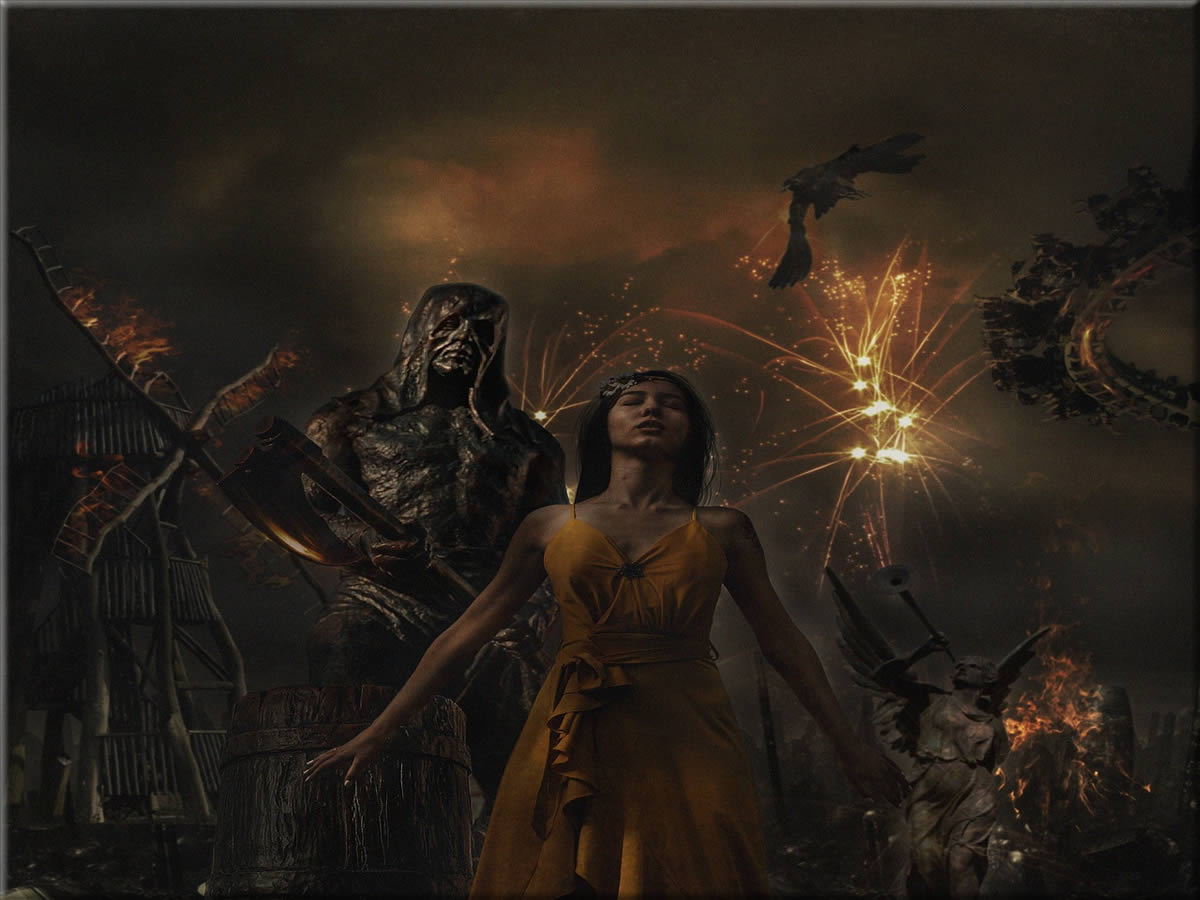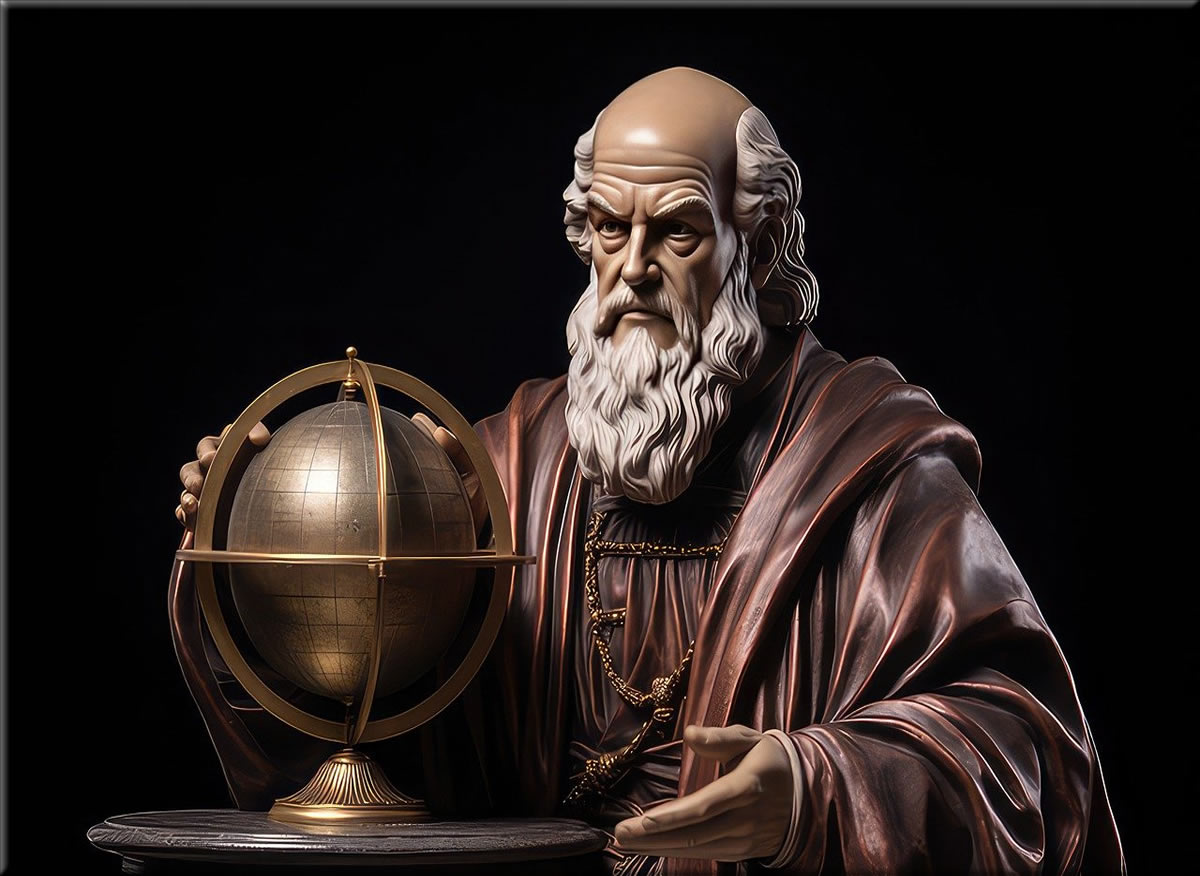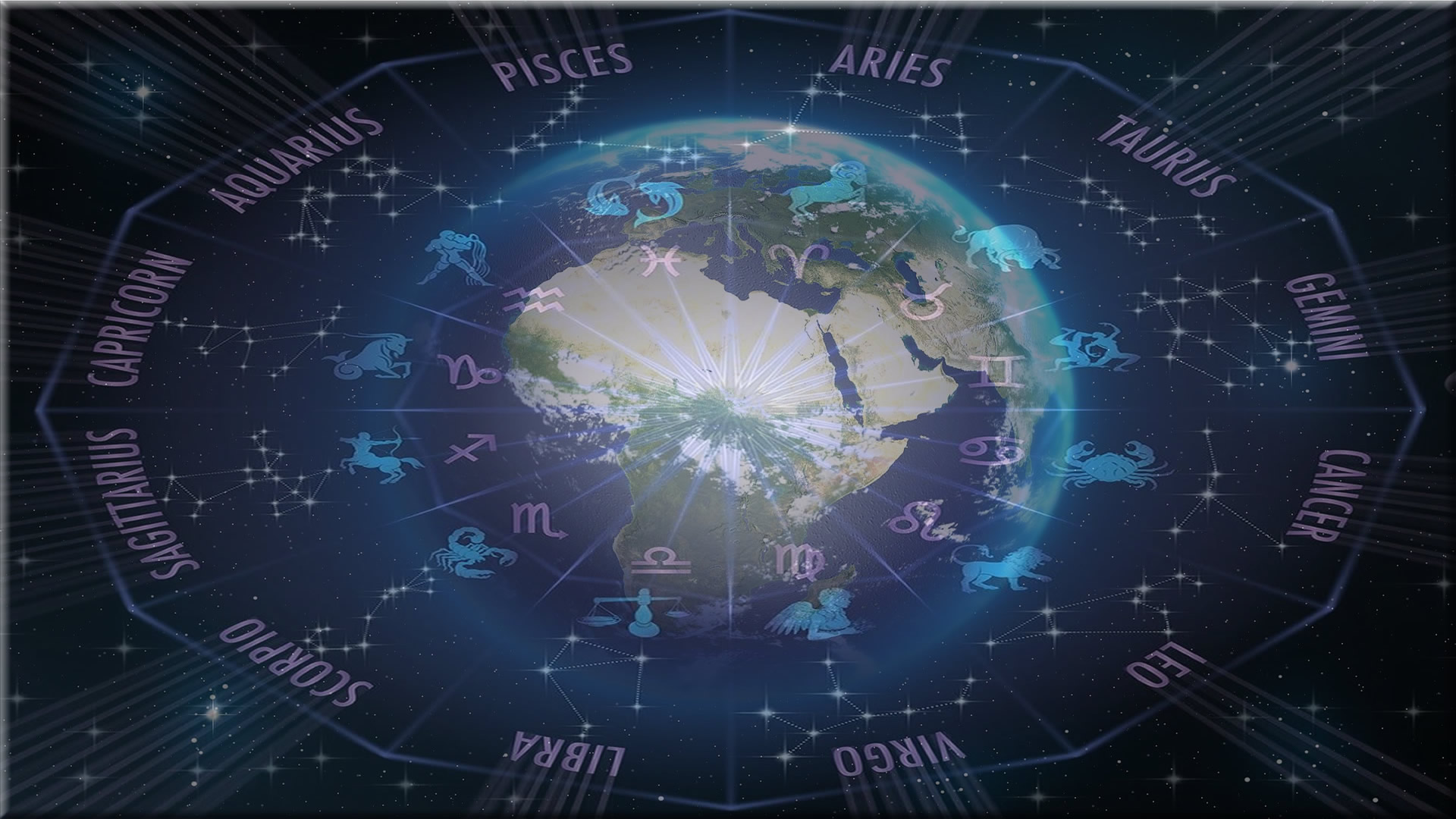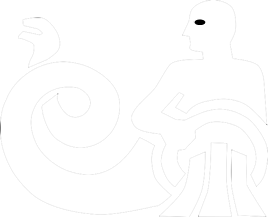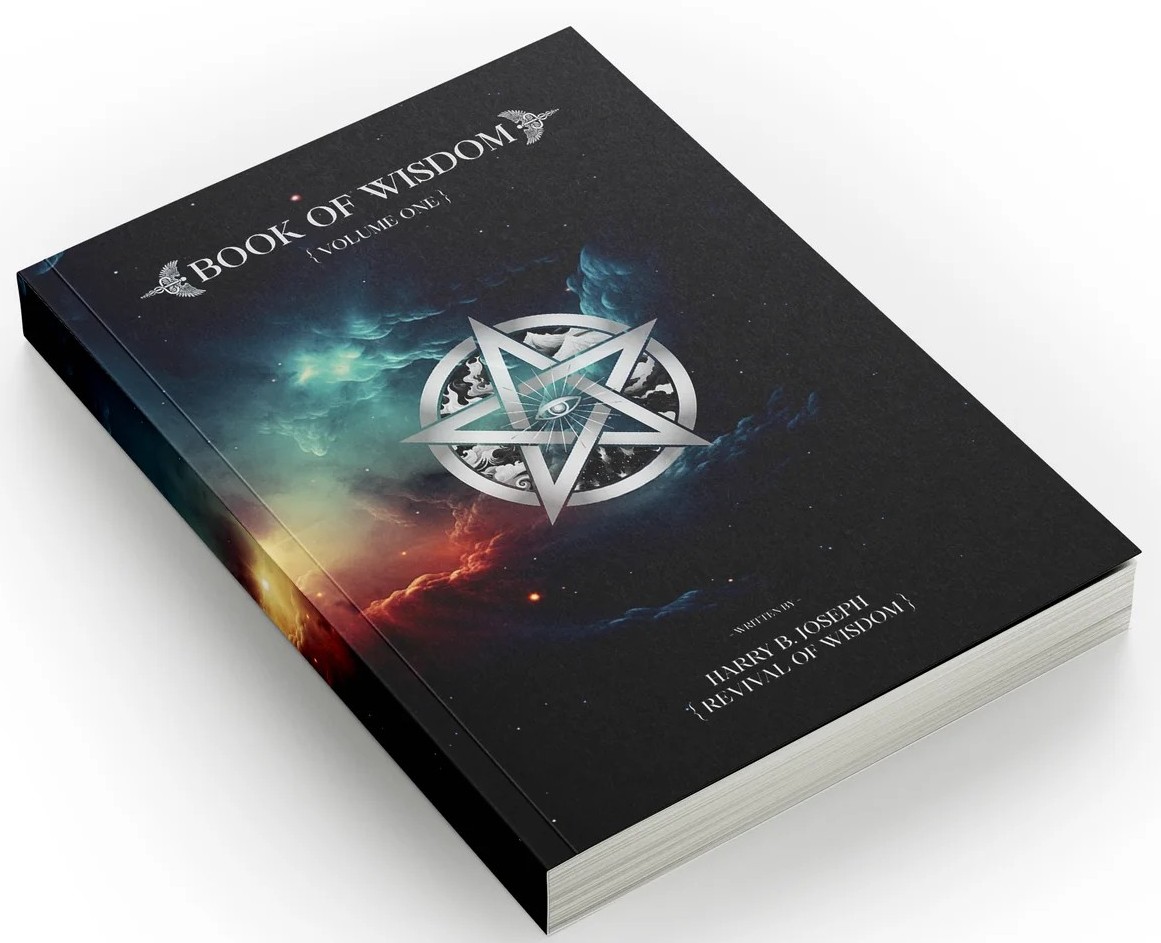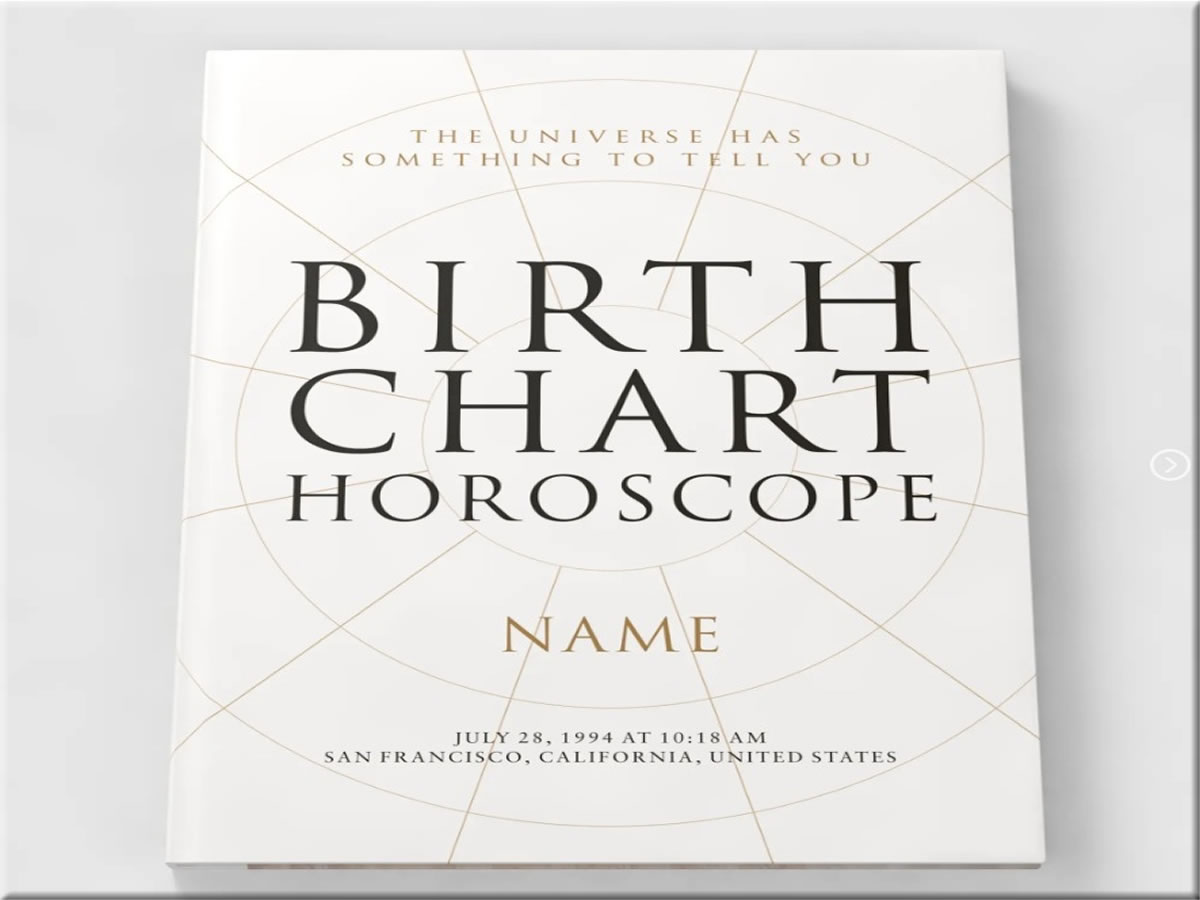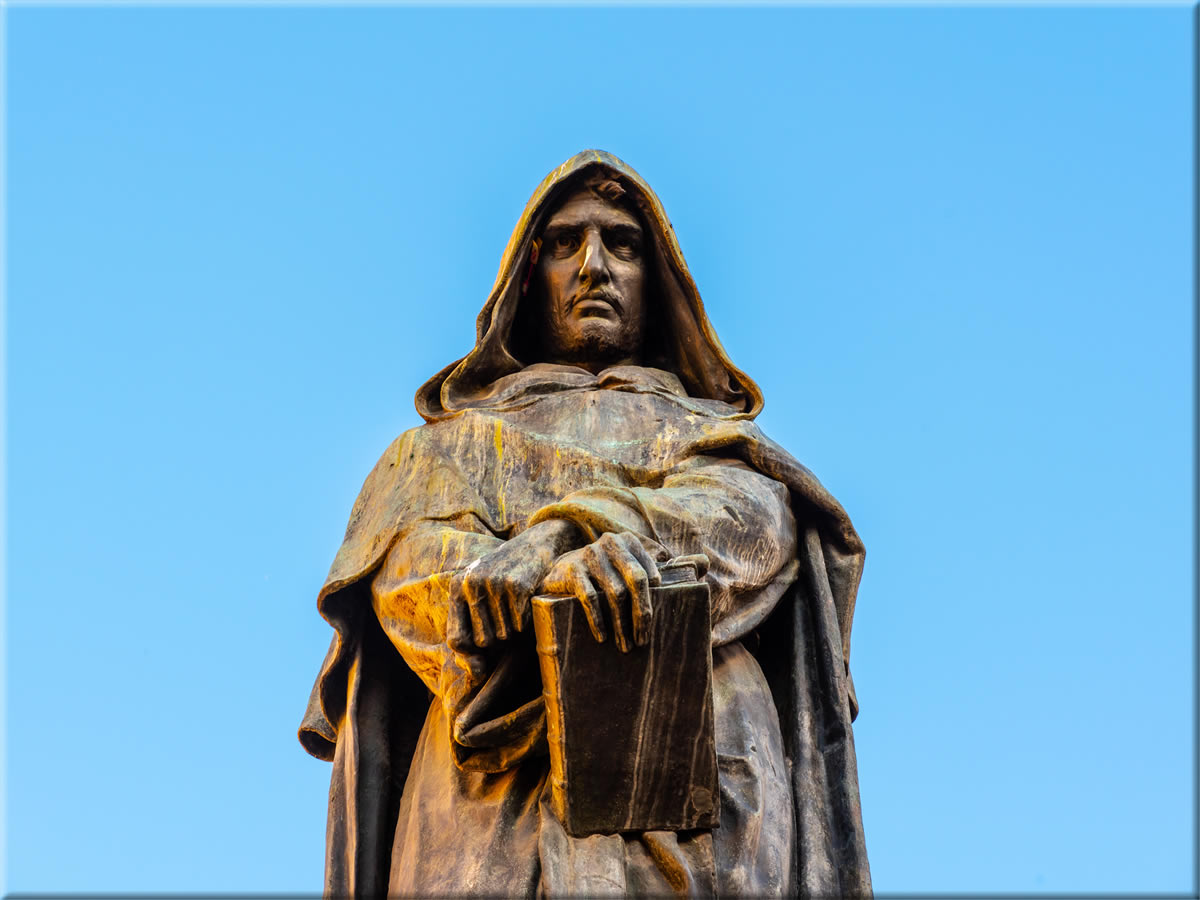
Giordano Bruno – The Tragic Story of a Philosopher
Giordano Bruno was an Italian philosopher, mathematician, and astronomer who was burned at the stake by the Roman Catholic Church in 1600 on charges of heresy. Many scholars and historians argue that authorities persecuted him for his unorthodox beliefs, including his rejection of the Catholic Church’s traditional teachings and his support for the Copernican theory, which posits that the Earth revolves around the Sun.
Furthermore, his controversial trial and execution have been the subject of much debate and scrutiny. Bruno’s ideas had a significant impact on the development of modern science and philosophy, despite the persecution he faced. However, we now remember him as a martyr for intellectual freedom.
Early Life and Education
Giordano Bruno was born in 1548 in Nola, a small town near Naples, Italy. Bruno was a fascinating and influential figure who challenged many of the traditional beliefs of his time. He was a true Renaissance man, with interests ranging from theology and philosophy to mathematics and astronomy.
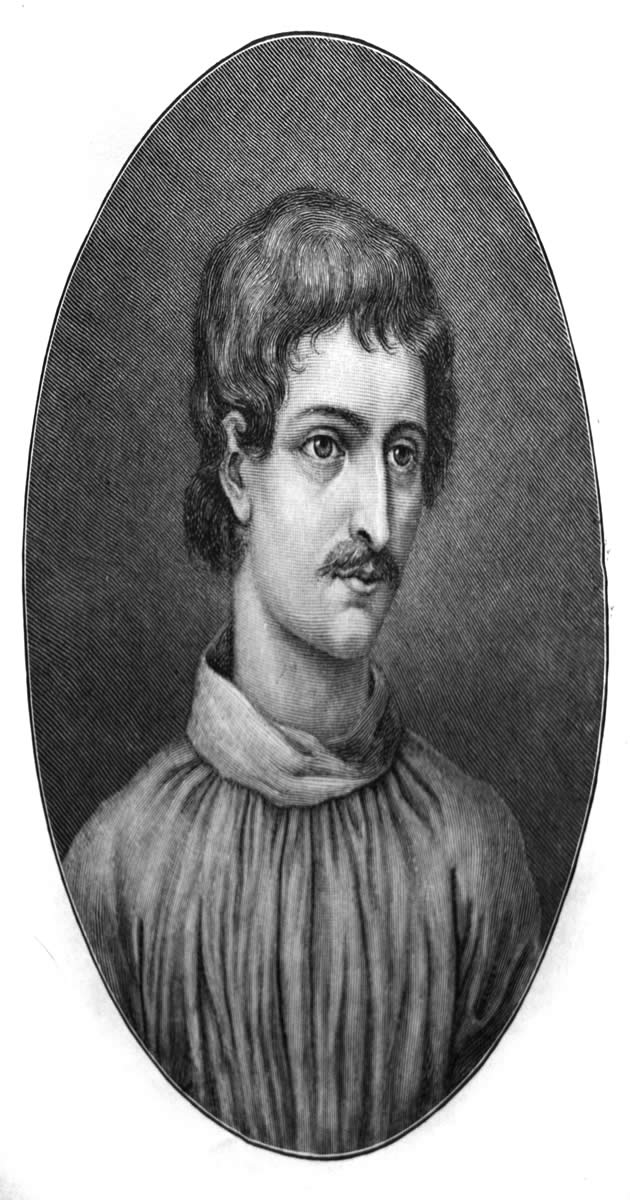
Bruno’s upbringing took work. He was born into a family of humble means. His father was a soldier who was often away from home, and his illiterate mother raised him and his siblings. Despite these challenges, Bruno was an intelligent and curious child who showed an early interest in religion and philosophy.
When Bruno was 12, his parents sent him to a Dominican monastery for his education. There, Bruno developed an interest in theology and philosophy, leading him to question many traditional beliefs. After leaving the monastery, Bruno continued his education at the University of Naples, where he became interested in mathematics and astronomy and soon began to develop his theories and ideas.
Ideas and Controversies
Bruno’s ideas were often controversial, and he frequently got in trouble with the authorities. His cosmological theories challenged many of the beliefs held by the Catholic Church at the time. The Catholic Church considered his ideas heretical, as they included, among other things, the concept of an infinite universe with countless planets and the possibility of extraterrestrial life.
Moreover, Bruno’s ideas about the universe were based on his studies of Copernicus’s and other astronomers’ works. He believed that the stars were suns and that the universe was infinite and filled with other planets like Earth. He also thought there were an endless number of inhabited worlds, each with intelligent beings.
Check out more videos on our YouTube channel
Furthermore, Bruno’s beliefs about religion were equally controversial. He rejected the authority of the Catholic Church and believed that people should be free to worship as they chose. Bruno also believed in reincarnation, which contradicted the Catholic Church’s doctrine.
Execution of Giordano Bruno
Bruno’s unorthodox ideas led to his excommunication from the Church and persecution by the Inquisition. He fled Italy and spent many years traveling throughout Europe, where he continued to espouse his beliefs and to gain a following.
The Venetian authorities arrested Bruno on charges of heresy in 1592 and kept him imprisoned for six years. Later, the Inquisition transferred him to Rome and tried him for heresy, ultimately finding him guilty. Bruno was burned alive at the stake in the Campo de Fiori square in Rome on February 17, 1600. His last words were, “Tremate più voi o Giudici nel profferir la mia sentenza che non io ne l’ascoltarla,” which in English means, “You, judges, tremble more when you pronounce my sentence than I do when I listen to it.”
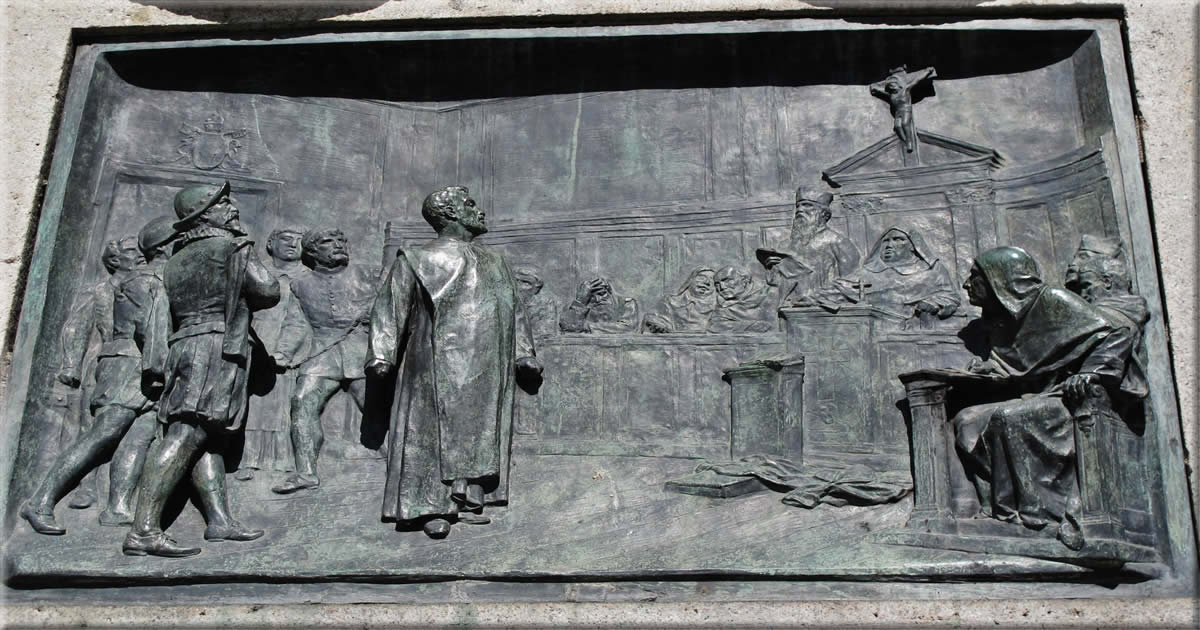
Despite his numerous controversies, Bruno was a prolific writer who published many books and treatises during his lifetime. Some of his most famous works include “The Ash Wednesday Supper,” “On the Infinite Universe and Worlds,” and “The Expulsion of the Triumphant Beast.”
The Most Famous Works
Bruno published “The Ash Wednesday Supper” (also known as “The Cena de la Ceneri” in Italian) in 1584, which has become one of his most famous works. The book encompasses a broad range of topics, including the nature of the universe, the role of the individual in society, and the interplay between faith and reason. Renaissance philosophy considers “The Ash Wednesday Supper” a seminal work, notable for its bold and controversial ideas. However, despite its controversial nature, it remains an essential work in the history of philosophy and continues to be studied and discussed by scholars and philosophers today.
“On the Infinite Universe and Worlds” is a philosophical work published in 1584. It presents Bruno’s cosmological ideas, which were considered heretical at the time. The book posits that the universe is infinite and that intelligent beings, similar to humans, inhabit countless other worlds. Bruno also criticized the Aristotelian idea of a fixed and finite universe, asserting that the universe constantly evolves and has no center or edge. Bruno’s work had a significant influence on later thinkers and scientists, including Galileo and Kepler.
The Book of Wisdom is a must-have book for every free-thinker and truth-seeker. It offers a wealth of knowledge, encompassing both surface-level truths and deep, hidden insights from the esoteric realm.
Giordano Bruno published his philosophical work “The Expulsion of the Triumphant Beast” in 1584. The book posits that the universe is infinite and eternal, encompassing an endless array of worlds. Bruno criticized the Catholic Church’s narrow, limited views on the nature of the universe. His book had a profound impact on the development of modern science and philosophy, making it one of his most significant works. However, it also played a role in the eventual trial and execution of his ideas.
The Legacy of Giordano Bruno
Despite the controversies and challenges he faced during his lifetime, Bruno made a significant impact on the development of modern science and philosophy. His ideas about the universe and the interconnectedness of all things were ahead of their time, and they continue to inspire new generations of thinkers. Bruno’s work influenced many other notable minds, including Galileo and Kepler, and his ideas helped pave the way for modern astronomy and physics.
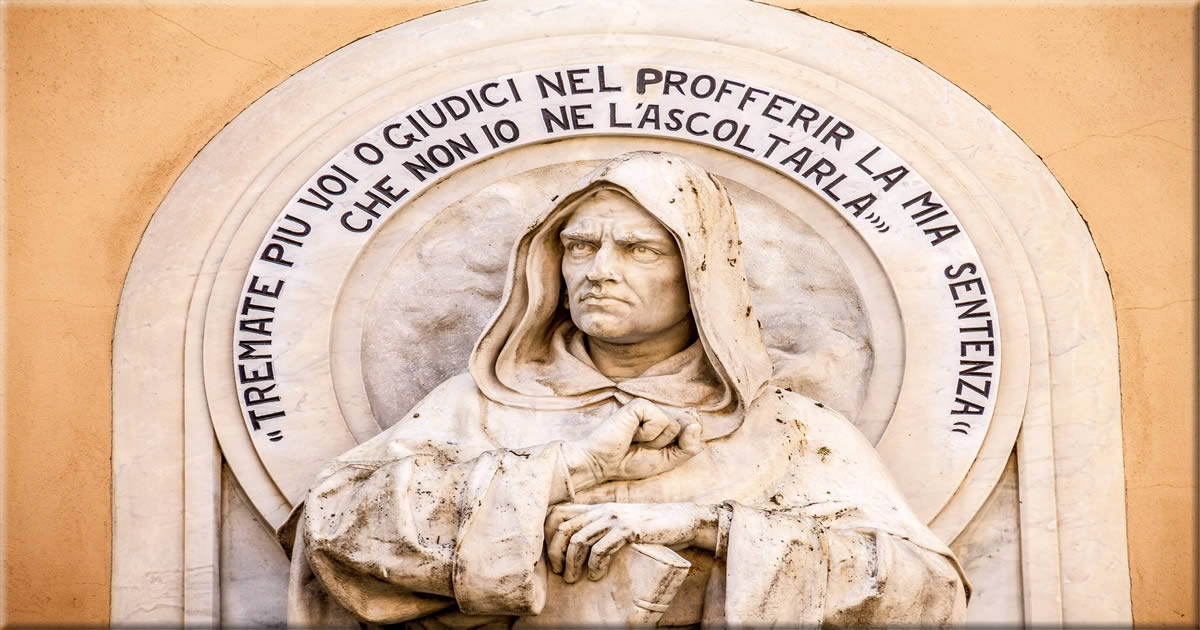
In addition to his scientific and philosophical contributions, Bruno’s legacy also includes his role as a champion of free thought and religious tolerance. His ideas about individual freedom and autonomy remain relevant today and have had a lasting impact on the development of modern democratic societies. Today, Bruno’s legacy inspires new generations of free thinkers who passionately pursue knowledge and defend individual liberty.
Related Topics
